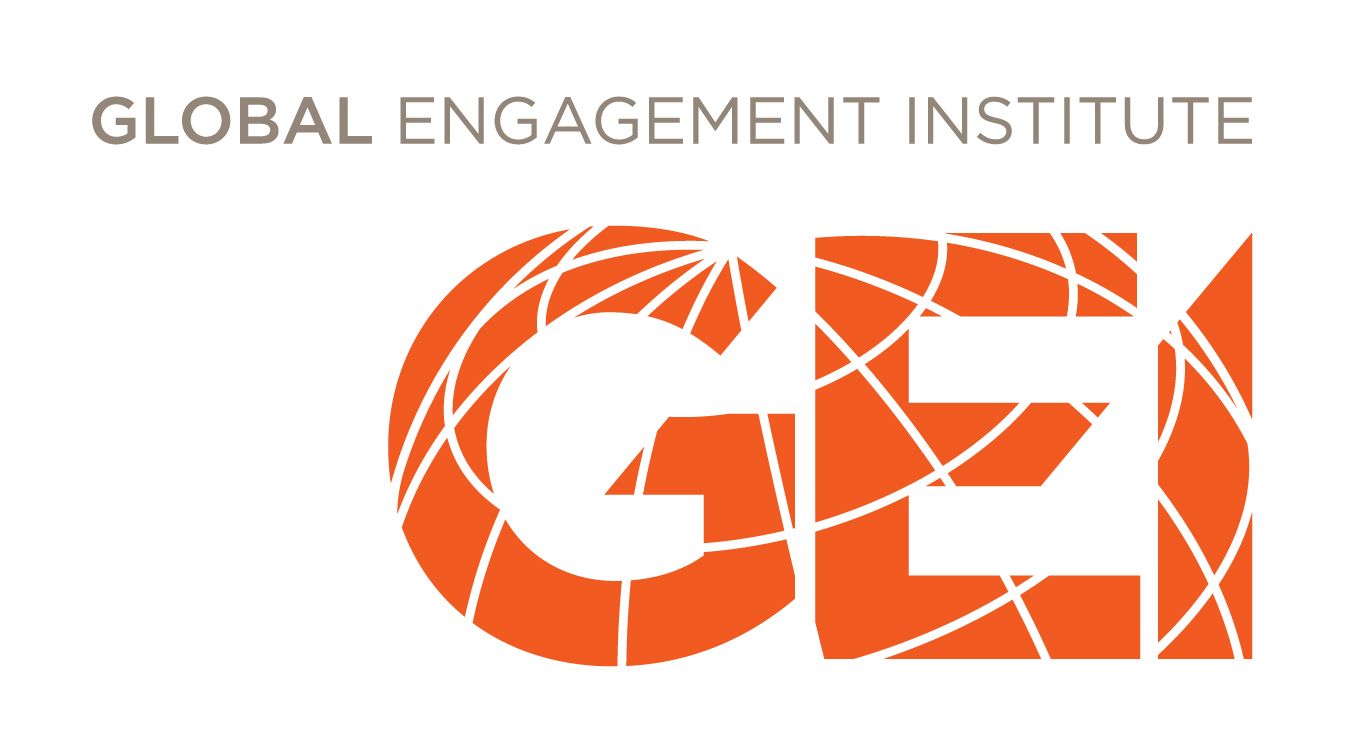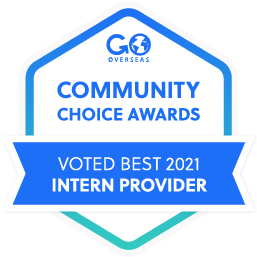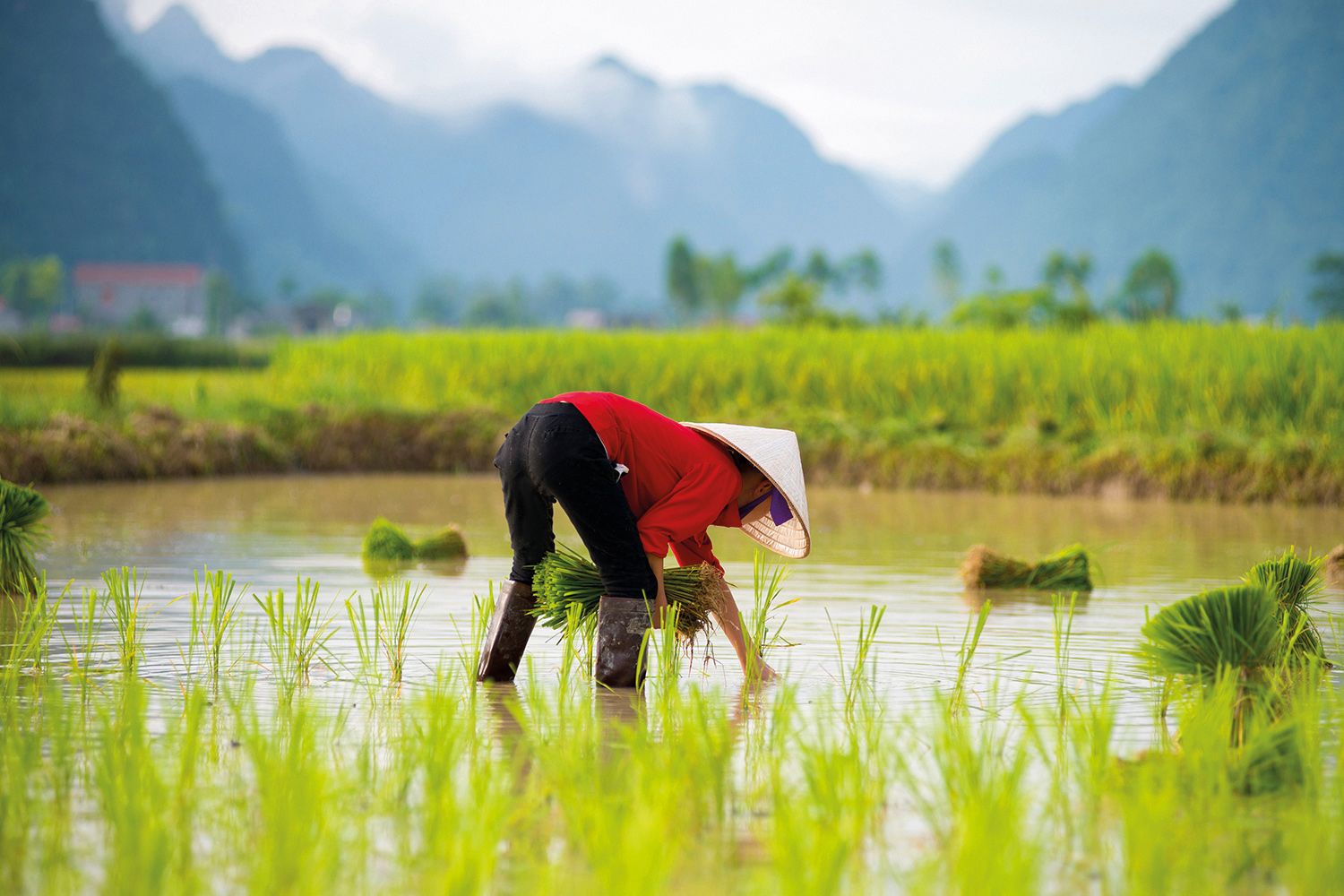SUSTAINABLE DEVELOPMENT (VIETNAM)
GEI CERTIFICATE IN GLOBAL ENGAGEMENT
A 16-credit certificate program to develop skills, knowledge, and understanding that prepare you for leadership and engagement in our global society.
AT A GLANCE
-
Certificate in Global Engagement Program
-
Disciplinary Track: Sustainable Development
-
Study Abroad Destination: Vietnam
-
Fall Semester Dates: Sep 1-Dec 13, 2025 (15 weeks)
-
Spring Semester Dates: Feb 2-May 16, 2026 (15 weeks)
-
Fall Semester Dates: Aug 31-Dec 12, 2026 (15 weeks)
-
Credit: 16 U.S. credit hours (~ 32 ECTS credits) for eligible university students
-
Eligibility: Any field and level of study
PROGRAM OVERVIEW
Write your awesome label here.
Write your awesome label here.
Write your awesome label here.
Write your awesome label here.
Write your awesome label here.
Write your awesome label here.
ACADEMICS
This interdisciplinary seminar examines core themes in sustainable development, such as environmental justice, indigenous knowledge, and global-local systems. Students engage in group projects, reflective writing, and case study analysis rooted in Vietnamese and Southeast Asian realities.
Students acquire basic proficiency in Vietnamese, with emphasis on cultural fluency and vocabulary relevant to sustainability and community engagement. Includes homework, a written final exam, and an oral proficiency assessment.
Students participate in structured placements with local organizations addressing sustainability - from organic farms to climate resilience initiatives or environmental education efforts. Field engagement is paired with weekly reflection and a final field report.
In this capstone course, students co-design and implement a project with a Vietnamese partner. Projects may address impact strategy, stakeholder mapping, or sustainability education. Deliverables include a professional presentation and reflective essay.
As capstone project, students create a digital portfolio that serves as a comprehensive record of the students’ achievements and learning throughout the program. Students gather artifacts from their coursework and field experiences to showcase their development and mastery of skills. The portfolio culminates in a reflective essay and a presentation, promoting self-assessment and continuous learning.
There are no specific prerequisites or requirements. Students can be enrolled in any major or minor and can be at any level of university study. While we try to always place students in cohorts with similar levels of study, please understand that this may not always be possible.
Our programs are designed to follow U.S. academic standards and culture. The semester pace is intensive, with high expectations for academic performance, cultural engagement, and professional growth. The U.S. grading scale of A to F is used. Students will complete a variety of assignments, including six thematic group assignments, weekly reflective journaling or blogging, and a final analytical project paper (MED301); participation in a structured field placement, weekly reflective entries, and a final field report (MED302); a collaborative practicum project, a professional presentation, and a personal reflective essay (MED303); and engaged participation in intensive Vietnamese language instruction, with homework, a written final exam, and an oral proficiency test (LAN305). In addition, all students maintain a digital portfolio that tracks their academic and experiential progress and concludes with a capstone reflection and presentation.
16 U.S. credit hours (~ 32 ETCS credits) for eligible undergraduate students via our U.S. academic school of record. After successful completion of the program, you will receive a comprehensive GEI transcript as well as the GEI Certificate in Global Engagement. Please check with your academic advisor at your home institution to confirm how many credits can be accepted for your degree program.
The language of instruction is English.
UNIQUE EXPERIENCES
Vietnam’s dual landscapes of development
Students explore both urban and rural dimensions of sustainability in Vietnam. From the industrial growth of Ho Chi Minh City to the ecological richness and climate vulnerability of the Mekong Delta, students gain context-rich understanding of how sustainability is practiced and contested.
Hands-on learning with local changemakers
Field placements and practicum work place students in direct collaboration with Vietnamese NGOs, eco-businesses, cooperatives, or community groups. Students learn from and contribute to real-world sustainability initiatives - bridging theory and practice.
Write your awesome label here.
Write your awesome label here.
HOUSING & MEALS
The program includes a minimum of 15 weeks in Vietnam. For this time, GEI Vietnam offers different housing options that students can choose from, pending availability. These include:
- Homestays: Typically single rooms, with shared bathroom, and access to a kitchen and living room
- Serviced apartments: Single or shared double rooms, with shared bathroom, and access to a kitchen and living room
- University residence halls at our local partner universities: Shared double rooms, with shared bathroom and no kitchen facilities
- Simple guesthouses: Shared double rooms, with shared bathroom and no kitchen facilities
Homestay host families typically provide breakfast and dinner. Students in serviced apartments, university residence halls, or guesthouses are usually responsible for all meals outside of core course meals.
You can find additional information in the following blog post: Accommodation – What to expect.
You can find additional information in the following blog post: Accommodation – What to expect.
DATES, FEES, AND SCHOLARSHIPS
Fall 2025 (15 weeks): Sep 1-Dec 13
Spring 2026 (15 weeks): Feb 2-May 16
Fall 2026 (15 weeks): Aug 31-Dec 12
Fall 2025: July 1
Spring 2026: Dec 1
Fall 2026: July 1
Fall 2025: US $17,450
Spring 2026: US $17,450
Fall 2026: US $17,450
INSTRUCTORS & COORDINATORS
Meet our core team
All of our instructors and coordinators are highly experienced and resourceful professionals.


